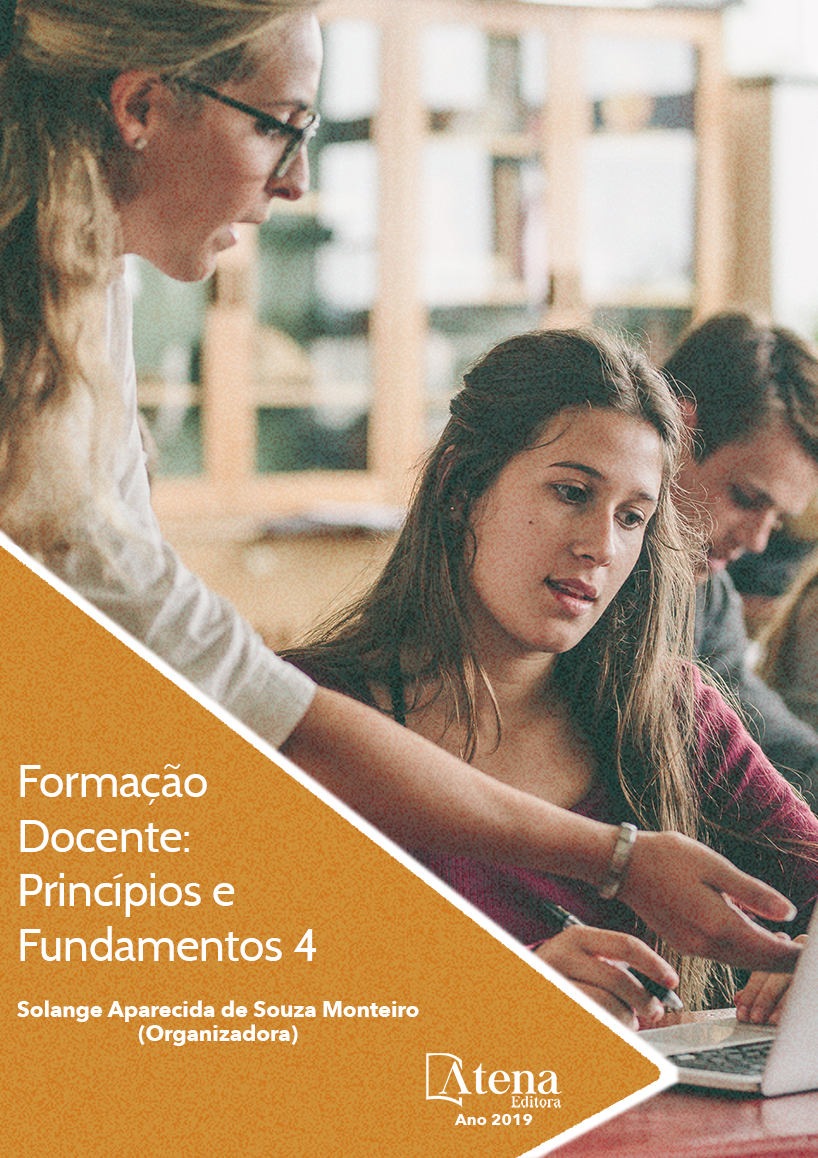
Formação continuada: o que as professoras têm a dizer?
Neste trabalho, nosso objetivo foi
caracterizar as interpretações feitas pelos
professores acerca das orientações
pedagógicas recebidas da Secretaria Municipal
da Educação (SME) para a utilização dos jogos
didáticos do PNAIC em sala de aula. Para
isso, utilizamos ideias e conceitos de autores
que versam sobre os saberes docentes e a
autonomia relativa do professor (TARDIF, 2014;
THERRIEN, 2007). Como opção metodológica,
fizemos uso de pesquisa exploratória. O
trabalho constou de pesquisa de campo com
entrevistas em profundidade, a construção e
as análises dos dados foram realizadas à luz
de Bardin (2009), baseando-nos na técnica de
análise de conteúdo, utilizando para isso os
textos das entrevistas por meio de sistemas
de codificação e identificação de unidades
de registro e unidades de contexto. A análise
dos dados nos permitiu perceber que, acerca
das orientações pedagógicas recebidas, a
maioria das professoras responderam que
não foram orientadas para o trabalho com
os jogos. Portanto, podemos concluir que
existe uma lacuna a ser preenchida quanto à
formação continuada que deveria orientar as
alfabetizadoras para o trabalho com este tipo
de jogos e também que as professoras fazem
o trabalho docente levando em conta seus
saberes experienciais, entre outros saberes
destacados por nós nesta pesquisa.
Formação continuada: o que as professoras têm a dizer?
-
DOI: 10.22533/at.ed.7121930056
-
Palavras-chave: Formação continuada. Orientações pedagógicas. Prática docente.
-
Keywords: Continuing education. Pedagogical guidelines. Teaching practice
-
Abstract:
In this work, our objective was
to characterize the interpretations made by
the teachers about the pedagogical guidelines
received from the Municipal Department of
Education (SME) for the use of the PNAIC
didactic games in the classroom. For that, we
use ideas and concepts of authors that deal with
teacher knowledge and the relative autonomy
of teachers (Tardif, 2014 and Thereren, 2007).
As a methodological option, we made use of
exploratory research. The work consisted of
field research with in-depth interviews, the
construction and analysis of the data were
carried out in the light of Bardin (2009), based
on the technique of content analysis, using the
texts of interviews through systems coding and
identification of recording units and context units.
The analysis of the data allowed us to perceive
that, regarding the pedagogical orientations
received, most of the teachers answered that
they were not oriented to work with the games.
Therefore, we can conclude that there is a gap
to be filled as to the continuous training that should guide the literacy teachers to work
with this type of games and also that teachers do the teaching work taking into account
their experiential knowledge, among other knowledges that we in this research.
-
Número de páginas: 15
- Eliziete Nascimento de Menezes


